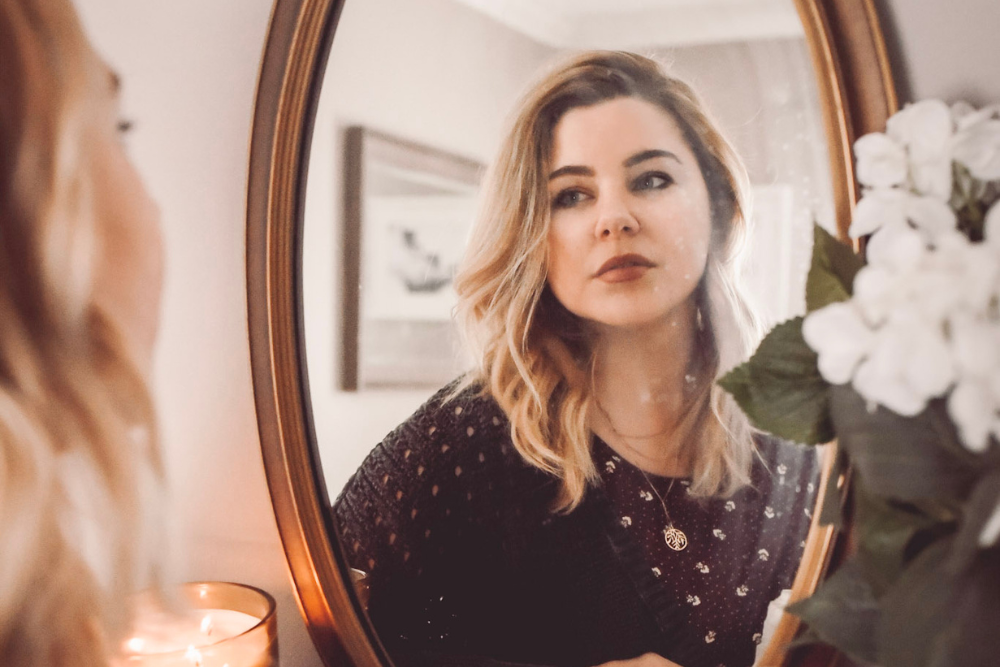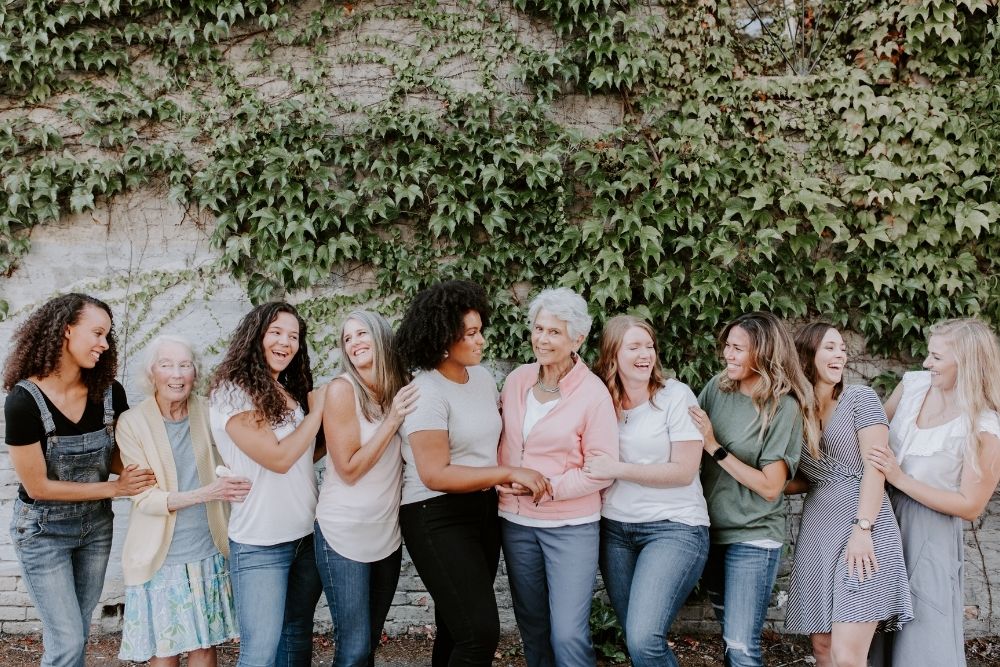
What type of Counselors are There & Will This be a Good Fit?
What are all the different types of counselors and how do I know who I need to see?
It can be confusing to figure out which type of counselor you need to see and to navigate all of those letters after a therapist’s name. Different types of training allow therapists to offer a variety of treatment options.
Here is a breakdown of the main types of counselors:
- Psychiatrists (MD): These are doctors who specialize in the diagnosis and treatment of mental or psychiatric illnesses. They have medical training and are licensed to prescribe drugs. They are also trained in psychotherapy, or “talk” therapy, which aims to change a person’s behaviors or thought patterns.
- Psychologists (PhD or PsyD): These are doctoral degree (PhD or PsyD) experts in psychology. They study the human mind and human behavior and are also trained in counseling, psychotherapy, and psychological testing — which can help uncover emotional problems you may not realize you have. Cognitive behavioral therapy is the psychologist’s main treatment tool – to help people identify and change inaccurate perceptions that they may have of themselves and the world around them. Psychologists are not licensed to prescribe medications. However, they can refer you to a psychiatrist if necessary.
- Social Workers (MSW/LCSW): These are specialists that provide social services in health-related settings that now are governed by managed care organizations. Their goal is to enhance and maintain a person’s psychological and social functioning — they provide empathy and counseling on interpersonal problems. Social workers help people function at their best in their environment, and they help people deal with relationships and solve personal and family problems.
Licensed Professional Counselors (MS, LMFT/LMHC) These counselors are required by state licensure laws to have at least a master’s degree in counseling and a minimum of hours in post-master’s experience. They are either licensed or certified to independently diagnose and treat mental and emotional disorders.
Should I see a male or female counselor?
This is a completely personal decision. It is more important to find a counselor who specializes in the areas you are seeking help with than to focus on gender. But choose what makes you feel most comfortable and safe.
There are a number of factors that will affect if a mental health professional feels like the right person to work with, including their therapeutic style, the longevity of your relationship with them, what you’re working on together, and so much more. The good news is that many counselors offer initial appointments where the main goal is for you to decide if you feel it’s a good fit for you. Don’t let the fear of choosing “incorrectly” stop you from reaching out – the important thing is getting started on the journey to find someone who is the right fit.
This post was written for informational use only and is not intended to replace advice from a licensed mental health professional.





